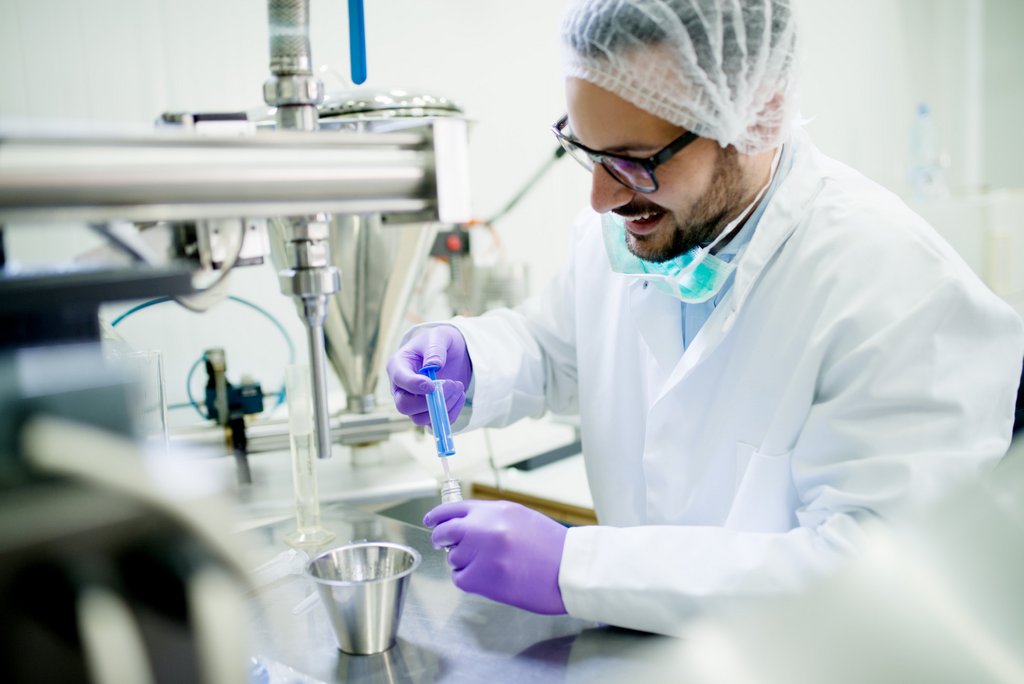Background - 15.08.2025 - 09:30
For a long time, international research-based pharmaceutical companies were able to rely on the US as a driver of innovation, a talent pool and a lucrative sales market. The model was clear: the US provided cutting-edge research and high-priced markets, while global corporations, many of them headquartered in Switzerland, used these structures to advance their own research and development (R&D).
But this foundation is crumbling. The US government under Donald Trump has adopted or announced a package of measures that are likely to have a major impact on international pharmaceutical companies. These include cuts in government research funding in the biomedical sector, which could cripple the US as a driver of innovation. Budget cuts at the US Food and Drug Administration (FDA) could also have a negative impact on the rapid testing and introduction of new procedures and drugs. The Trump administration also wants to restrict the admission of foreign students, which could reduce the talent pool for research in the US. Added to this is political pressure on the currently high drug prices in the US, which could significantly jeopardise the revenues of international pharmaceutical and biotech companies.
Although Swiss pharmaceutical giants such as Novartis and Roche also conduct their own R&D in Switzerland, they are heavily dependent on US-based research, scientists and clinical trial networks. “Let's take a well-known example: Vas Narasimhan, the current CEO of Novartis, studied in the US at the University of Chicago, the Harvard Kennedy School and Harvard Medical School,” says Prof. Dr Oliver Gassmann. Together with Dr Alexander Schuhmacher, he collaborated on the analysis for HSG, which was published in the scientific journal Drug Discovery Today. Less US research also means less basic knowledge and fewer publicly funded discoveries, from which Swiss companies have also benefited to date. US universities play a central role in this, as they are global leaders in the biomedical field.
The authors recommend that pharmaceutical companies invest in strategic resilience now. This includes diversifying R&D locations more – i.e. expanding the share outside the US, especially in Europe and Asia. It is equally important to strengthen in-house innovation capacities rather than relying primarily on US biotech suppliers. Another key element is cooperation with international research institutions outside the US. Digital, decentralised clinical trials could reduce dependence on US infrastructure. Organisational models should be flexible enough to allow research activities to be relocated depending on the geopolitical situation – an approach that the authors of the analysis refer to as a “breathing organisation”.
The current upheavals also present an opportunity for Switzerland. “With its internationally renowned universities in the biomedical field – above all the ETH – a strong domestic pharmaceutical industry and the leading biotech hub in Basel, Switzerland is ideally placed to take advantage of the geopolitical changes emerging in the pharmaceutical industry,” says Dr Alexander Schuhmacher. In order to seize this opportunity, he says, greater investment in Swiss cutting-edge research, better support for innovative biotech start-ups and more risk capital are needed, as well as a “political understanding that medical innovation comes at a price.” In this way, a significant part of pharmaceutical value creation, in particular the research and development of new active ingredients, could be driven forward from Switzerland in the future.
Image: Adobe Stock
More articles from the same category
This could also be of interest to you
Discover our special topics
